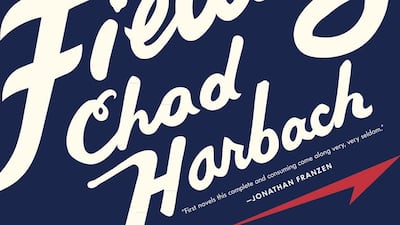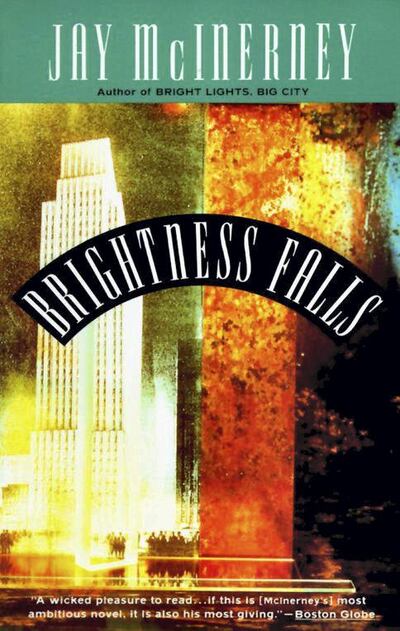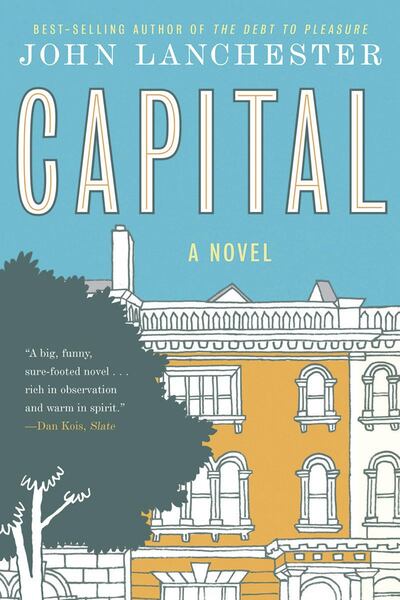I'm certain that on another day I'd come up with an entirely different list. Asking me to name my favourite reads is like asking me to list my top five songs. Inevitably, it's a moveable feast. Even so, these five books, all novels, had me hooked. Nick March is Opinion Editor at The National.
The Art of Fielding by Chad Harbach
The greatest compliment that I could pay Harbach's 2011 debut novel of coming of age, college baseball and complicated campus relationships is that it seemed so perfect to me on first reading that I couldn't pick anything else up for a couple of weeks after finishing it, as I didn't want to sully the memory of what I'd just consumed.
The Go-Between by LP Hartley
Maybe this book makes the cut because it is blessed with one of the best opening lines in modern literature ("The past is a foreign country: they do things differently there"). More likely, because LP Hartley's beautifully nuanced 1953 novel simmers with desire, scandal and looming discovery. It is an altogether delicious novel, filled with slow fuses.
Freedom by Jonathan Franzen
Franzen is so gifted that any of his novels could have made my list. His beautifully constructed sentences, his gilt-edged story-telling, his unerring ability to capture the pulse of American society, make each of his works an utter joy. Freedom from 2010 is my choice for today, but it could be Purity, Strong Motion or The Corrections tomorrow.
Brightness Falls by Jay McInerney
McInerney's 1987 novel of the New York publishing scene begat two broadly unsatisfying sequels – A Good Life and Bright Precious Days – but the original remains a stellar piece of work, unravelling a story of hostile takeovers, financial meltdowns and the folly of ambition. Literary fiction-lite it may well be, but it also captures the slightly ridiculous nature of Manhattan society and the pressures of keeping up as you fall behind.
Capital by John Lanchester
Like Brightness Falls, a financial crisis frames Capital. Lanchester's 2012 novel is, however, a biting commentary on London in the 21st century and the inequities of a city where the rich and poor jostle for space and relevance. He also finds a neat way, through a Banksy inspired installation artist, to weave together the competing narratives of his characters.






